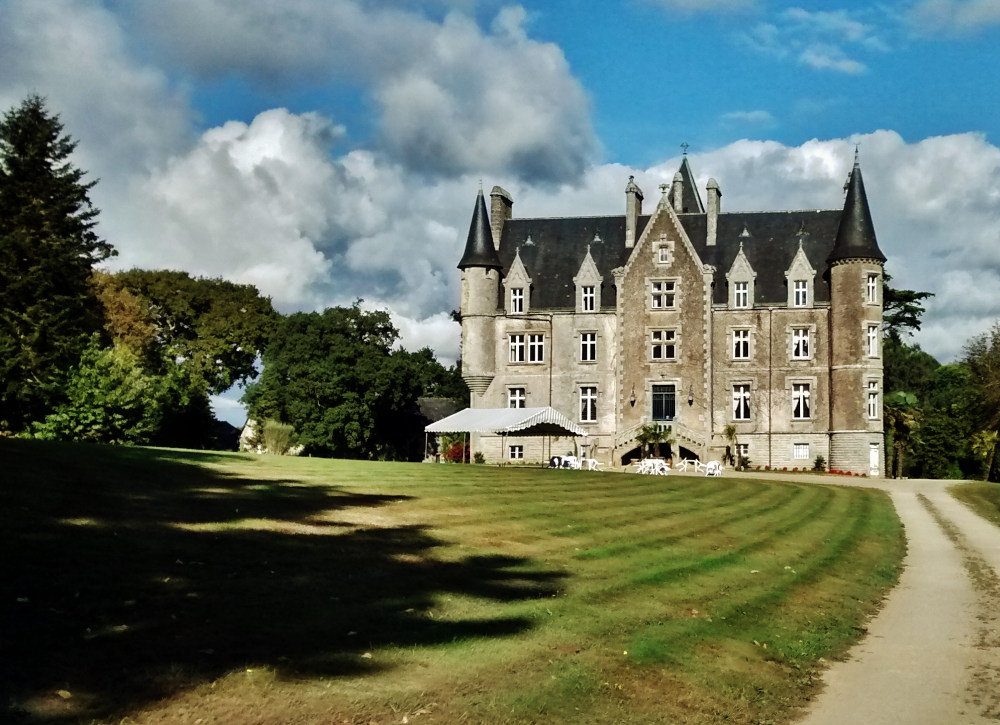Like the Confrérie Notre-Dame or the Alliance and Gilbert networks, the Johnny network is a prime example of the Gaullist Resistance's political and sociological diversity during its early days (1940-1941), and even to a certain extent, an example of the original Gaullism. According to the historian Jean-Louis Crémieux-Brilhac, "it was overwhelmingly represented by the upper social strata of society, and in particular by the well-meaning Catholic bourgeoisie" and "contributed to the image of an early right-wing Free France". Among the first agents recruited, entrepreneurs and independent professionals clearly stood out; cannery or sodium factory workers (Auguste Gantier, Louis and Odette Lomenec'h, Henri Péron), car electricians (Louis and Marguerite Chavaroc), doctors (Antoine Vourc'h), or chemists (Jean Lavalou). In addition to providing clandestine cover these professions also provided networks, informers, and means of movement (cars, safe conduct passes in coastal areas). Although these founders were not as well-known as Gilbert Renault (Colonel Rémy) or Marie-Madeleine Fourcade, they were indeed a petty bourgeoisie, rather right-wing, and constituted the initial core of the Resistance.
- Antoine Vourc'h, a doctor in Plomodiern and father of nine children, provided the first logistical support. He did not distinguish between the Germans and Vichy, and, despite his Catholic faith, he was not convinced by the French state's gifts to the Church.
- Hervé Nader, ran a hotel in Concarneau and was recruited by the network at the beginning of the summer of 1941 ("Johnny 41"), having just been appointed mayor of Concarneau by the Vichy authorities in March 1941. He was also elected MP for the nationalist right in the 1936 legislative elections and was at one time close to the Croix de Feu and had voted to grant full power to Pétain on the 10th of July 1940. However, his position as mayor provided him with a cover to provide information and administrative documents.
- In Brest, Hubert, an engineer with a military status, provided a great deal of information on the military port's activity but was nevertheless, according to Jean Le Roux, "considered to be a Vichy fervent and a collaborator".
The comprehensive study of the network confirms the examples above and thus demonstrates the importance of re-evaluating the political dynamics in the French Resistance.


